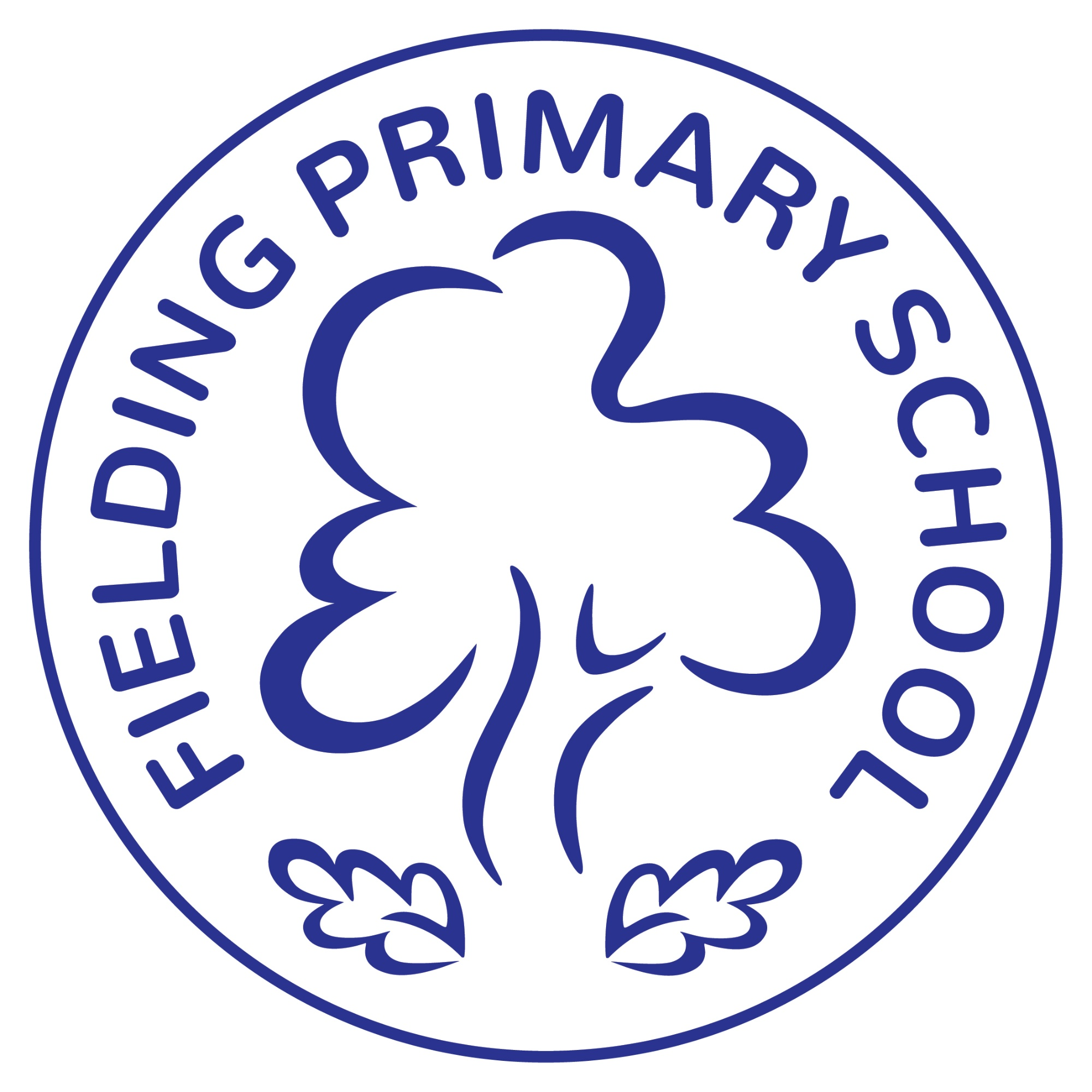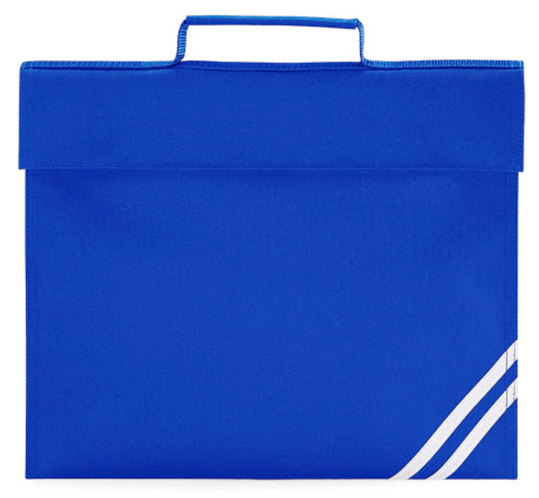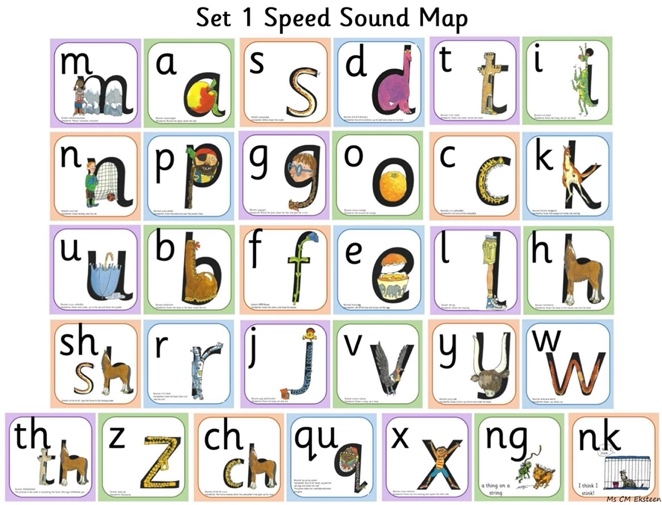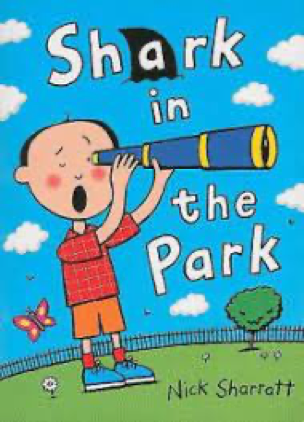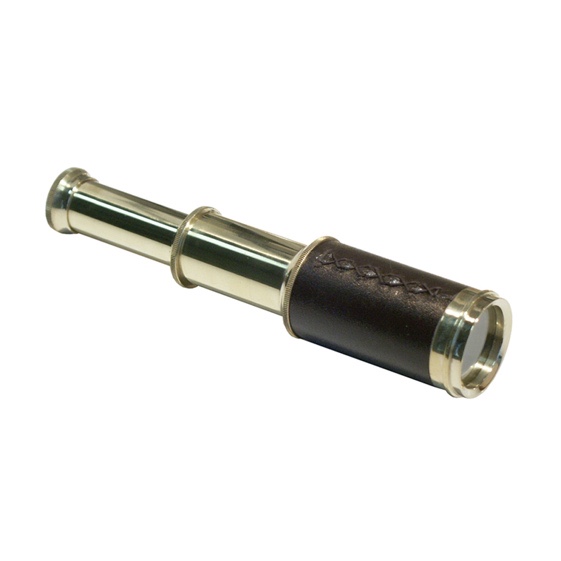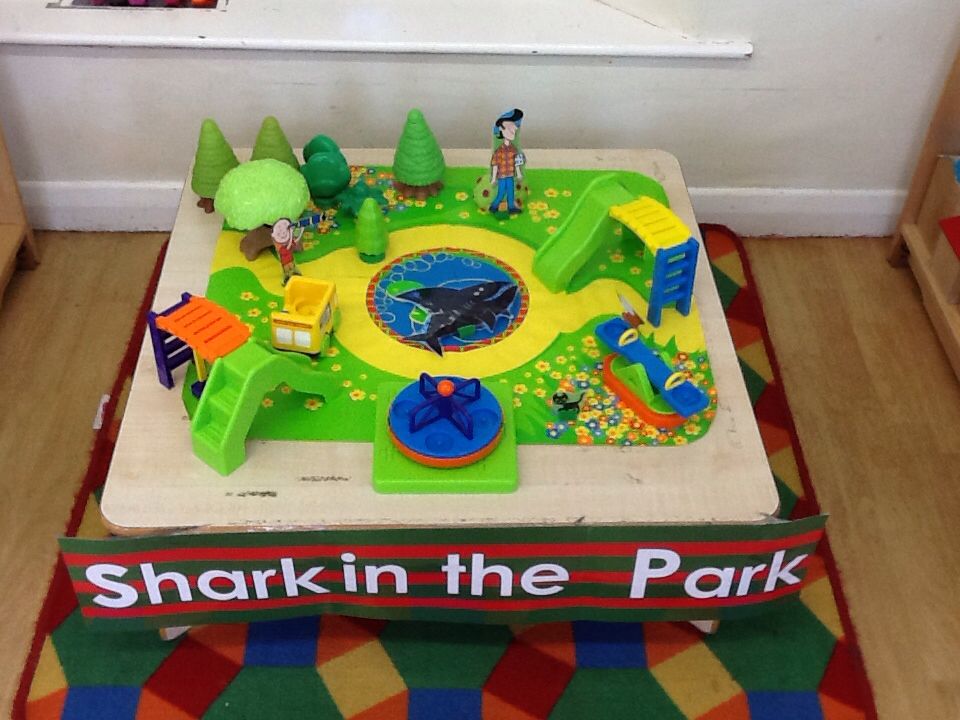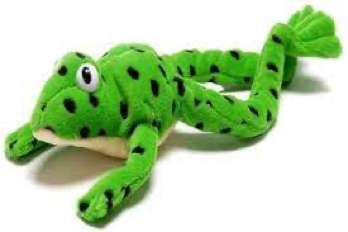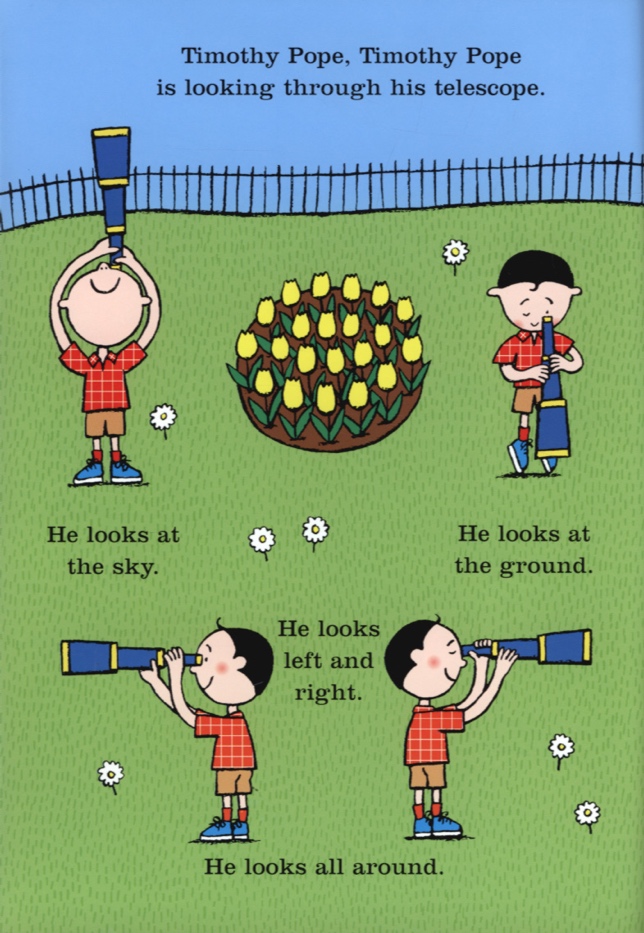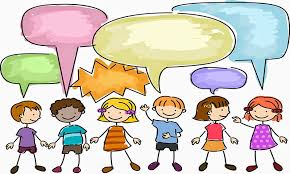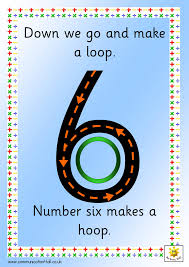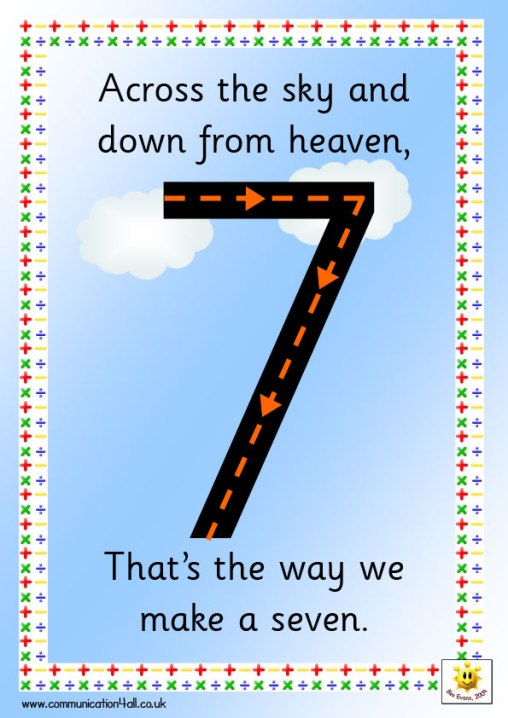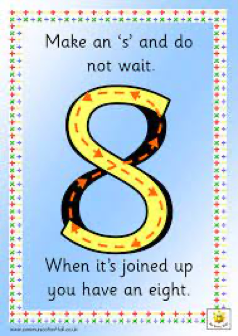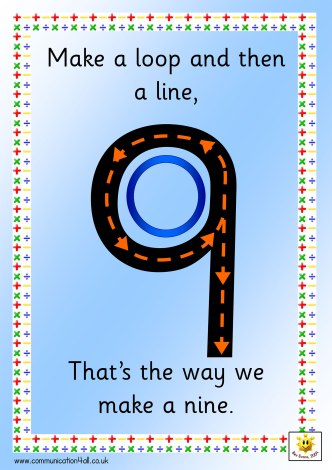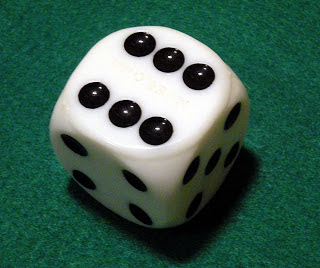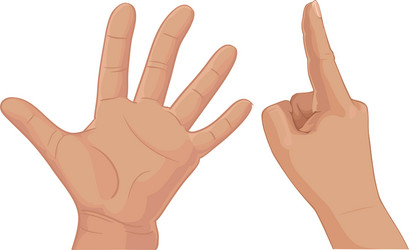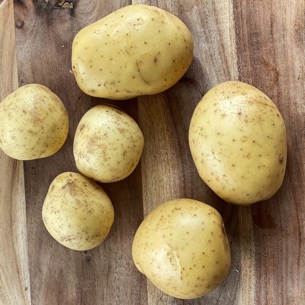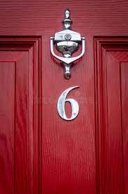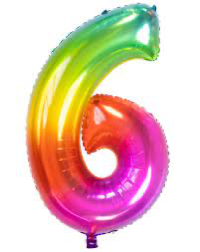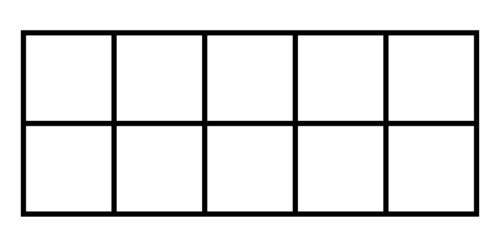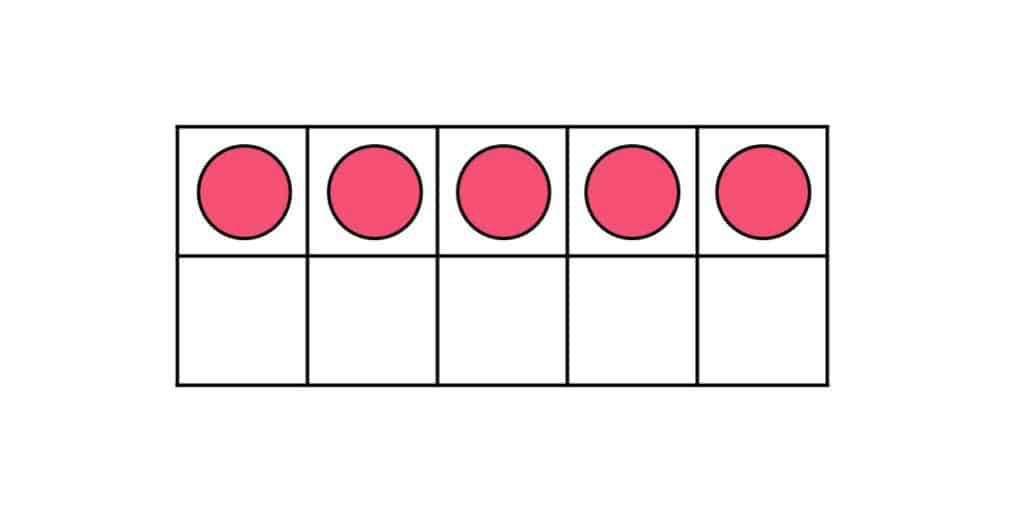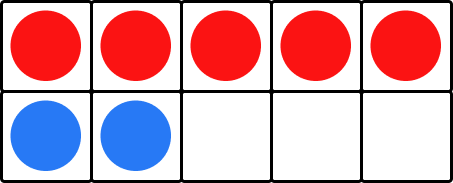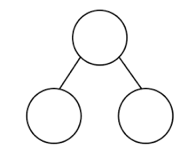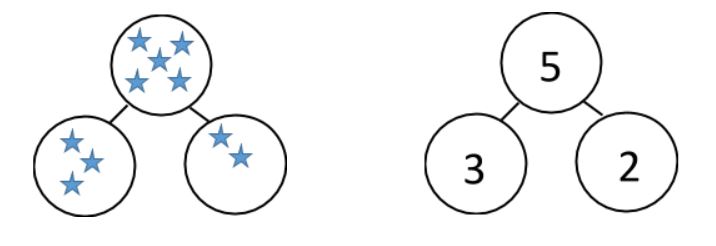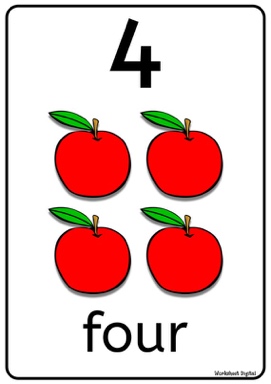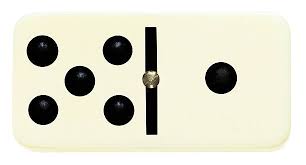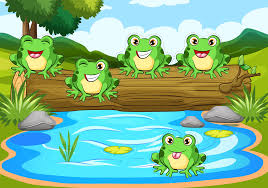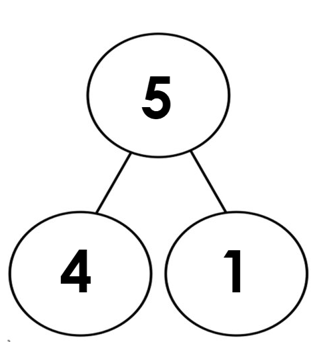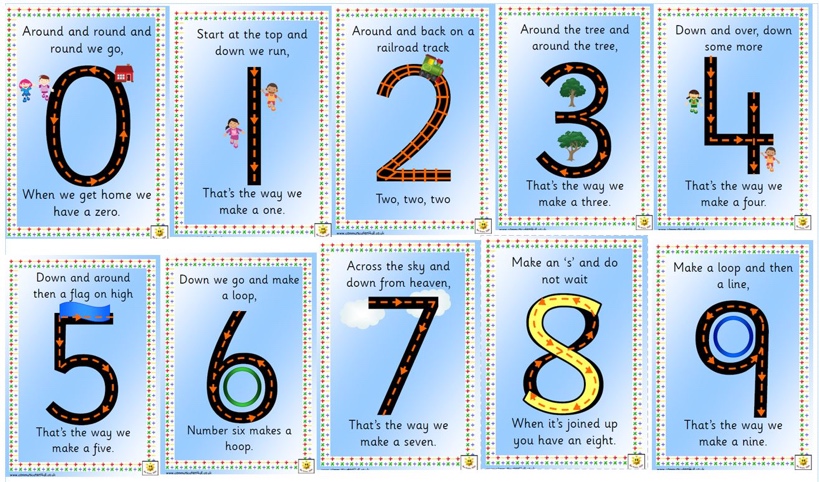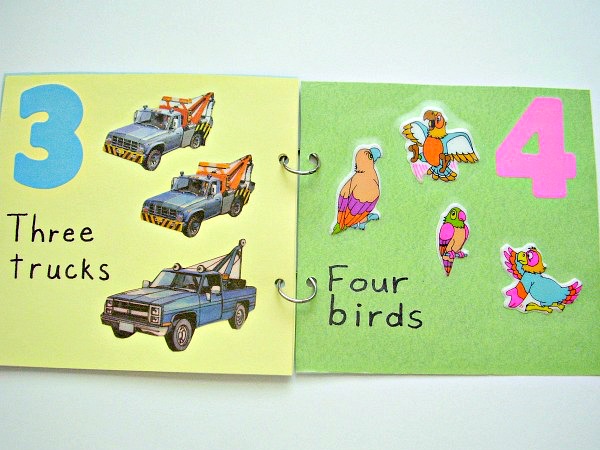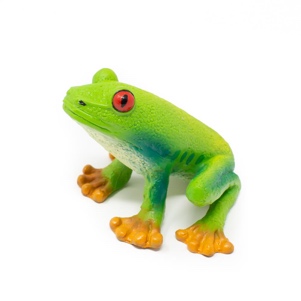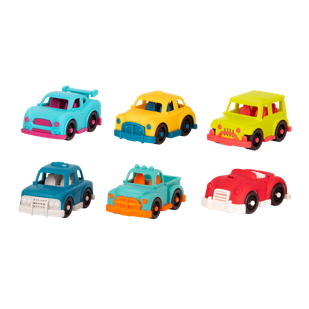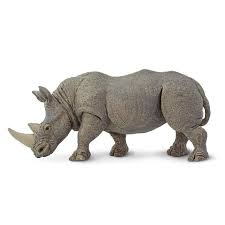Reception
Welcome to Reception
Below you will find the presentation from the Welcome to Reception evening.
Welcome to Reception You will find important information specific to the Reception Year here.
We are excited about welcoming the children into school and starting our learning together.
- Year Group Newsletter
- Timetable
- Yearly Overview
- Curriculum Knowledge Organisers
- Our PE day is: Thursday
|
Dates for your diary:
(Please check the main school calendar for whole school events)
| H | F | P | S | |
| Sharing Assemblies (for parents to attend) 9/00am start | 22.5.26 | 12.6.26 | 19.6.26 | 5.6.26 |
Messages
Purple Mash
Dear Parents, We are thrilled to inform you that your child has access to a fantastic range of online resources on Purple Mash. Over the year, your child will be introduced to various activities on Purple Mash by their class teacher. Through this they will learn to independently use the interactive whiteboard. To explore these enriching materials, simply use your child's login, which you can find stuck inside their reading record. There are numerous engaging tasks linked to what we are covering in class. Scroll down to find out what we are learning this week. Below there is also a parent guide from the Purple Mini Mash team - scroll down to the bottom of this page. Happy exploring! The Reception Team PSED/RSHE LessonIn our RSHE/ PSED lesson (6.10.25) we discussed the NSPCC’s PANTS rules. These are designed to teach pupils how to stay safe from sexual abuse, without giving explicit information or telling scary stories or even using the term “sexual abuse”. We will start the lesson by introducing the children to a character called Pantosaurus.
We showed them this clip: NSPCC Pantosaurus (2 mins) https://www.youtube.com/watch?v=_SzbMEVYiyg&t=120s This is a film featuring NSPCC’s friendly mascot Pantosaurus. His catchy song covers the main points of PANTS and introduce the topic to the children. In the lesson, children will learn about the ‘PANTS’ acrostic, which stands for:
The lesson is fully age-appropriate. The Talk PANTS campaign helps teachers and parents of 4-11 year-olds keep their children safe from abuse. Like the Green Cross Code, it takes a potentially tricky subject and gives teachers and parents the tools to talk about it in an engaging and age-appropriate way.
Cooking & GardeningWe are proud to offer all pupils the opportunity to take part in cooking sessions during the school day. These sessions take place in the School House kitchen and are led by the class teacher. Fresh ingredients from our school garden are used wherever possible, helping children learn about food, nutrition, and sustainability. To support this programme, we ask for a voluntary annual contribution of £13.00, which covers the cost of additional ingredients for the full school year (September 2025 – July 2026).
Your support helps us continue offering this valuable hands-on learning experience. Thank you! |
Healthy SnacksTo help keep energy levels up and minds focused, we encourage pupils to bring a healthy snack for break time. Great options include:
Please do not send sweets, chocolate, crisps, or fizzy drinks. Let’s work together to support healthy habits and happy learning! |
Capturing 'Wow moments' at homeWe value contributions from parents/carers of moments of achievement that have happened outside of school. If you observe your child achieving something new or wonderful, then let one of the Reception team know by sending in a photo with a note or just singing their praises. The wow moments are stuck in your child’s learning journey and support assessments throughout the year. Feel free to send in as many as you would like, parents/carers usually complete a page of wow moments each half term. |
Reading Books, Key Words, Home Learning and Book BagsAt Fielding, we follow the Read Write Inc programme. The type of ‘book’ your child receives will depend on their phonics knowledge.
In addition to this, your child will choose their own picture book. Your child is not expected to read this book. This book is to be shared with an adult for enjoyment and to help develop a child's comprehension skills. All books will be changed once a week. Please make sure your child brings their book bag to school every day. Help your child to get into this routine. Inside their book bag please make sure that you always have:
Please look through the reading record, there is lots of useful information inside. Please sign the reading record every week and write a comment about how your child is progressing with their reading. Book Bags Book bags will be going home on Monday 22nd September.
Your child must bring their book bag to school every day. Please make sure that you always have the following inside your child’s book bag:
When you collect your child at the end of the day, please check that your child has their book bag with them. Home Learning Home Learning is linked to our phonics lessons; It is sent home on a Friday.
Please help your child to do the activity at home. Please keep the home learning at home, do not send it back to school, it is for you to keep at home. If you have any further questions, please talk to your class teacher. |
|
English Handwriting: w/c: 12.1.26 - l / i / t w/c: 19.1.26 - h/ b /p w/c: 26.1.26 - r/ n/ m w/c: 2.2.26 - focus castle week w/c: 9.2.26 - c / o / d w/c: 23.2.26 - a/ g/ q w/c: 2.3.26 - e/s Week commencing: 2.3.26 & 9.3.26 Over the next two weeks, we will read the story ‘Shark in the Park’ by Nick Sharratt.
We will start the week by presenting the children with some clues e.g. shark, telescope, pictures of a park and ask them to guess the story.
We call this the ‘creative hook’, which we use to introduce the story and engage the children’s interest. We will read the story, draw parts of the story and add some actions. All of these elements will help the children to internalise the story, learn the key events in the story, in order to be able to sequence the story and learn some key phrases. This will also support the development of their vocabulary and in turn their writing. Everything is modelled by the teacher first. Our method of teaching is: I do – teacher models We do – teacher and children do together You do – Children have a go independently In lessons we will re-read the story. Re-tell the story. Choose sections of the story to write about. In writing sessions each child has a whiteboard and pen so that he/she can have a go at writing.
We use the strategies taught in our phonics lessons to help the children develop their writing skills. When sounding out we remind the children to use their ‘Freddie Fingers’ to sound out a word. Freddie is a frog we use in our phonics lessons to help the children to segment and blend. In lessons we will discuss the vocabulary in the story and check the children’s understanding.
We will look at the pattern of language in the story and ask the children:
In this story we will refer to the repetitive aspects of the story:
Timothy Pope, Timothy Pope Is looking through his telescope. He looks at the sky. He looks at the ground. He looks left and right. He looks all around. And this is what he sees…
We will look at the words that rhyme in the story:
Throughout the two weeks we will develop the children’s comprehension skills and give them opportunities to talk about the story, give their opinion, share their favourite part of the story and ask questions. In several of the Early Learning Goals (ELG) there is a mention of being able to discuss a story and incorporating new vocabulary into their own dialogue with their teachers and peers. ELG: Communication and Language – Listening, Attention & Understanding:
ELG: Communication and Language – Speaking:
ELG: Literacy – Comprehension:
ELG: Expressive Arts and Design – Being Imaginative and Expressive Invent, adapt and recount narratives and stories with peers and their teacher.
Once the children are really familiar with the story, we will sequence the story and make a story map. Reminding the children that every story has a beginning, middle and end. Supporting your child at home: Read a range of stories so children build their knowledge and familiarity with them. Discuss the stories and remember to model answers for your child. For example: My favourite part of the story is ……. The characters in the story are ……… The story setting is ………… I would change ………… Try making substitutes for elements of a story your child knows well. Remember to start small! It is important to stick to a story your child likes and knows well. This will allow them to strengthen and develop new skills. Next week in English: We will continue reading Shark in the Park.
Maths Week commencing: 2.3.26 & 9.3.26 Over the next two weeks we will be focusing on the numbers 6, 7, 8 and 9. In maths we are learning about the composition of numbers. Knowing numbers are made up of two or more other smaller numbers involves ‘part–whole’ understanding. Learning to ‘see’ a whole number and its parts at the same time is a key development in children’s number understanding. Partitioning numbers into other numbers and putting them back together again underpins understanding of addition and subtraction as inverse operations. Children will be combining two groups to find how many there are altogether. This is addition. Children need lots of opportunities to do this in many contexts using real objects and real situations.
In lessons the children will be:
The children will have the opportunity to make their own representations for each number in the lesson. For example: 6 can be represented in many different ways
We will focus more on the numbers 6, 7, 8 and 9. This is a ten frame:
We will teach the children to understand that we have 5, if the top row of the ten frame is full.
We will teach the children to fill the ten frame in the five-wise pattern from left to right, so they can see the ‘5 and a bit’ structure. We talk about this in our Maths Mastery lessons.
We will encourage children to subitise the 5 and start to recognise the pattern 6, 7 and 8 on the ten frame.
For example: 7 is made up of ‘5’ and ‘2’ (This is what we mean by the 5 and a bit’ structure)
Children will have opportunities to explore a range of ways to partition a whole number. The emphasis here is on identifying the pairs of numbers that make a total. Children can do this in two ways – physically separating a group, or constructing a group from two kinds of things.
This is a part – whole model 3 + 2 = 5 3 + 2 = 5
We will remind and encourage children to say the whole number that the ‘parts’ make altogether e.g. 4 and 1 make 5 (4 and 1 are the parts, 5 is the whole)
We will explain to the children, that once they can subitise, they can use this skill to add two small quantities together. Perceptual subitising is the ability to quickly recognise a small number of objects without counting them. We have been developing this skill with all the children since the start of the academic year. Conceptual subitising is the ability to see larger quantities as the sum of smaller quantities.
This skill will support children to develop mental images for addition (and subtraction), which helps them to move away from counting on (and counting back). Some children will already do it naturally, some will need it to be explicitly taught and explained. For example: This is conceptual subitising.
I can see 8. There are 4 and 4 . There are 8 altogether.
I can see 6. There are 5 and 1 . There are 6 altogether. In class we will be using number stories to support the children’s understanding of addition and how to use a part-whole model.
We will show the children a picture and make up a story about it. Here is an example of a number story:
‘Once upon a time there were 4 frogs on a log and 1 frog in the pool. 4 and 1 makes 5 altogether.’ The children can record the story on a part-whole model.
We will use the ‘I do, We do, You do’ model in class and encourage the children to make up their own number stories to demonstrate their understanding of addition, how to use a part-whole model and to help them learn the addition facts. In every lesson we will use the I do, we do, you do method. I do = Teacher models and example We do = Teacher and children do an example together You do = Children have a go independently Supporting your child at home: Practise each of these skills:
Check if your child is counting accurately. Remind your child to be organised when counting – move the objects from one side to the other and line them up. This should prevent any double counting. Count again – checking for accuracy.
‘1 frog add 3 bears makes 4.’ ‘6 cars plus 1 rhino equals 7.’ 1 + 3 = 4 6 + 1 = 7 Next week in maths: We will continue to be learning about numbers 6, 7, 8 and 9.
Parent workshops Thank you to the parents who were able to attend the curriculum workshops during this term. We have linked the training materials below. |
